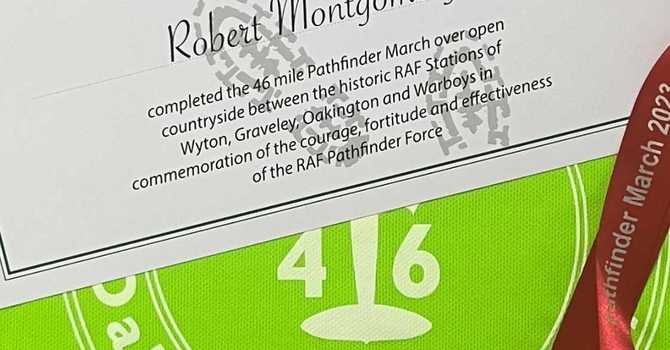I was recently given a wonderful gift of singing lessons and came across the term ‘musical athlete.’ I should hasten to add that does not apply to me! But musical athlete does apply to a singer. They need good strength, endurance, stamina, balance and posture and the voice should literally be ‘kept fit’ as well. The anatomy involved to be able to sing, both directly and indirectly
needs to be in the best condition. But, as with any performance, training teaches and enhances it, be it Parkrun, a marathon, karaoke or opera at Covent Garden. And sometimes there are injuries which need rehabilitation. As is often the case in my work with patients having an injury, understanding how it may have happened and good rehabilitation often leads to a stronger
performance.
If we think of the voice as an instrument, sound is made by passing air through the vocal cords which are part of the larynx known more colloquially as the voice box. The larynx sits at the top of the trachea (windpipe). The main function of the vocal cords is to close momentarily to prevent food or other particles going into the trachea and thus the lungs. When the cords are brought together while breathing out they vibrate and this makes sound. The number of vibrations made by the cords will determine the pitch of that sound and the voice or sound heard. Changing the shape of the vocal cords alters the sounds made. This is done by muscles opening, closing, stretching and shortening those cords. Those muscles can be trained with exercises, not strengthening them but improving co-ordination and endurance. As with most physical activities ‘warming up’ is important. This includes the releasing of the neck, shoulders and facial muscles. Specific exercises for the voice include to different parts of the mouth, throat and tongue; changing the sounds, volume and even style of singing. All this helps warm up the vocal cords as you can’t just expect to be able to belt out an aria without warming up first; exactly the same as not being able to race 100 metres without a bit of limbering up first.
Breathing obviously is important with singing, and making sure that the diaphragm is used efficiently is key. The diaphragm is the
large muscle sheath at the base of the ribcage which separates the lungs from the abdomen. When we breathe using the diaphragm the belly extends outwards, best felt by placing a hand on the tummy. As we breathe in, the hand will be lifted as it feels like the air fills the belly. There are other muscles around the chest wall and even some of the neck muscles are involved in pulling air into the lungs, but if these are dominant in singing the sound is altered and can be strained. The diaphragm is also much more efficient so singing, or other activities, are less tiring when it is used well.
When we are anxious or stressed we tend to hold our breath and use the upper muscles. Often people feel tension in their neck and shoulders in this situation and take shorter, sharper breaths. Breathing with the diaphragm can help reduce that feeling. Equally important is our position when singing. Using the whole of the body partly to act as a voice chamber makes the sound resonate through it. If you don’t do this but just use the throat it creates a reedier sound. To do this make sure we are balanced either on our feet when standing or through the body and legs when sitting. Relaxing into the body so we are not carrying extra tension will help enormously. One way is to close the eyes and just ‘scan’ the body, feeling which parts are connected to the seat and the floor, bringing that awareness forward, creating calm before we begin. Actually, I think this applies to most activity and is a great way to start the day. Keeping up general fitness helps enormously and this can be achieved with swimming, walking, running, all the things that help improve stamina and will help with your performance. And, of course practice makes perfect, so training the voice will help with performance and enjoyment for everyone, the singer and the audience.
To contact Sarah ring 07780 900201



